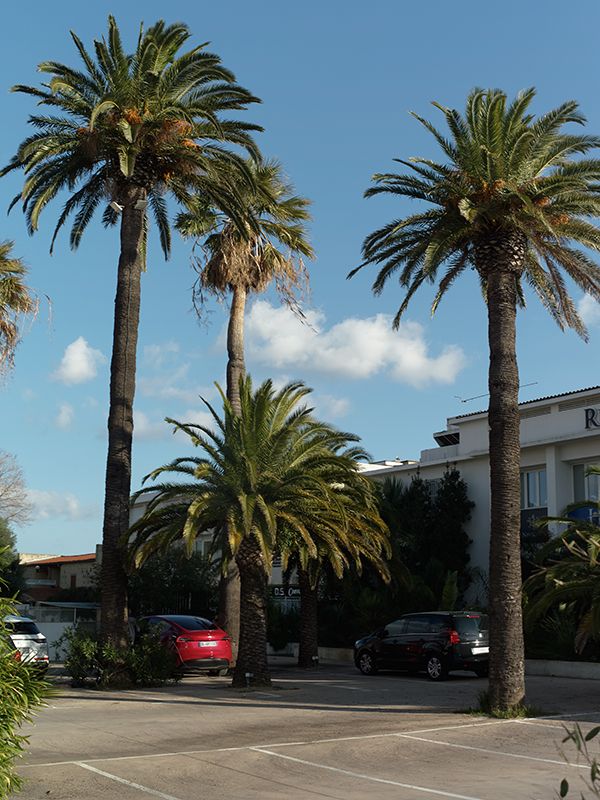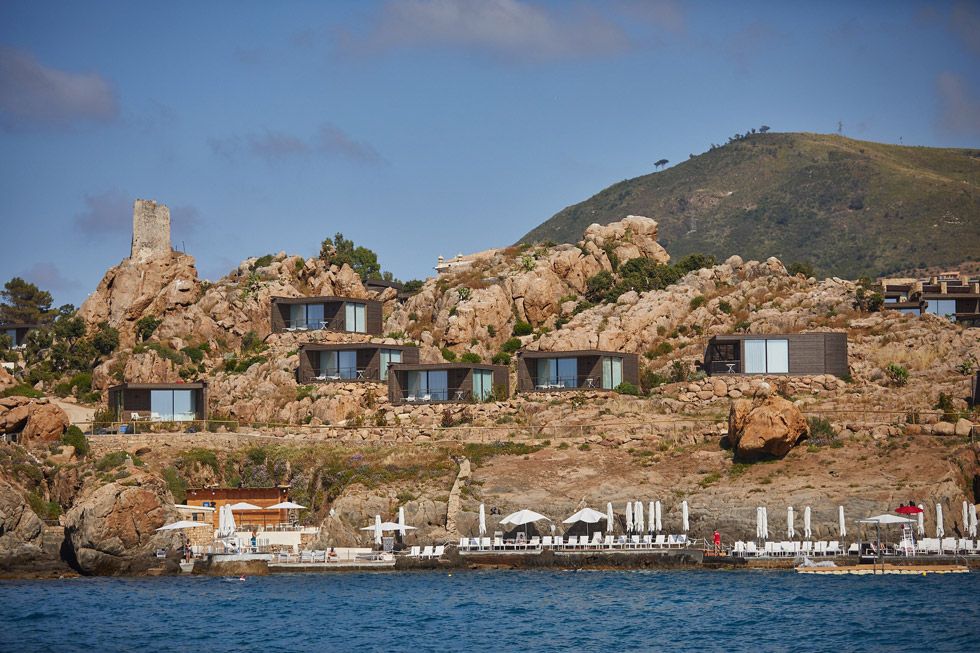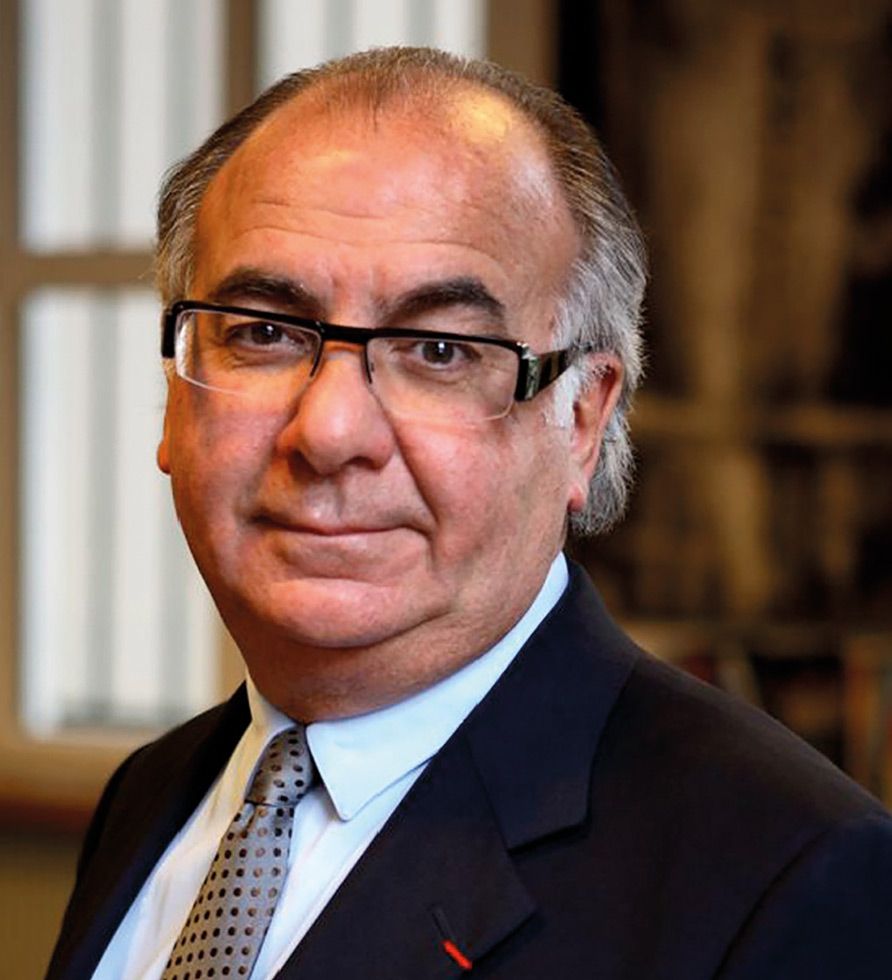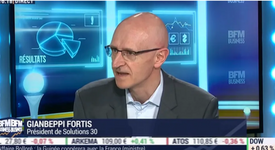After the Michelin Star, the Michelin Key aims to "reward exceptional hotels"

The French tourist industry is responsible for creating the Michelin Guide, Club Med, Accor, the Guide du Routard, the bar necklace, les bronzés and even the Jacque Borel motorway restaurant. But in the end, you book with Booking and you read the unreliable reviews on Trip Advisor. So, why leave the huge global booking business to others? Here’s the latest news on customer experience in tourism, the hotel industry and traveller reviews.

Is the Michelin Key the right idea to halt the decline in guidebook sales?
Gwendal Poullennec, International Director of Michelin Guides, confirmed on 5 October that the Guide's teams had rethought their selection of hotels and "intend to recommend, in complete independence, establishments that are genuine destinations". The new selection will recommend more than 5,000 outstanding hotels in 120 countries around the world, evaluated according to five criteria.
Destination in its own right: the hotel contributes to the local experience.
Excellence in architecture and interior design.
Quality and consistency of service, comfort and maintenance.
Uniqueness reflecting the personalisation of the establishment and its uniqueness.
Consistency between the quality of the experience and the price paid.
The MICHELIN Key is intended to be "a clear and reliable indication for travellers; it will be awarded after one or more stays carried out anonymously by the Guide's selection teams".
After the macaron, the renowned guide, which is now a subsidiary of the Media-Participations group, is embarking on a new adventure, rating hotel experiences, symbolised by an element such as the Clef and with its distinctive weapons: independence and a detailed selection grid. On a number of television channels, the CEO explained that his booking site will charge a commission for reservations in these establishments, similar to those charged on the market.The group has not released any further information. We can assume that this expansion of its hotel business is intended to adapt and broaden its revenue streams. In ten years, sales of the Guide rouge have fallen by 60% to an average of 30,000 copies a year. The selection of these non-standardised hotels, likely to "provoke emotion", will be available in the first half of 2024. The real novelty is this Key but not the fact of selecting establishments, which Tablet Hotels has been doing for a long time (acquired in 2018 by the Michelin Guide).

Consolidation in the booking software business: Guestonline absorbed by Covermanager.
Guestonline and Covermanager announced on 4 October their strategic alliance in order to offer their optimised booking solution to a greater number of customers. Spain's Covermanager, which has a customer base around 5 times that of Guestonline of Toulouse, will become the majority shareholder of its partner, with Antoine Girard becoming Managing Director of the French entity. Zenchef, now owned by PSG, the investment fund that has stepped up its acquisition drive recently, and The Fork, are all up against it. Each of these competitors works with around 12,000 to 14,000 affiliated restaurateurs who use their reservation services and, in some cases, their satisfaction measurement services. They are all preparing for a second phase of radical consolidation. Over 65% of French establishments do not yet use any of the above-mentioned reservation software.
As we mentioned in the introduction to this article, the best hotel experience now depends on a number of factors, and it is often the one that lets you know about it, offers it and sells it that wins the day in terms of business and customer knowledge. If you are judiciously positioned in the customer journey, at the time of payment or booking, you will be in the right place. Who has ever heard of Master Lock, the key box that can be seen on the door of many houses and which indicates the existence of a seasonal rental?

From the macaron to the bar necklace, the French inventors of tourism and hospitality.
From the bar necklace, which has evolved into a connected cashless bracelet, to the enchantment of customers brought about by a few simple but radical changes, Club Med has invented almost all the techniques and principles that now guide the designers of the travel and holiday experience. We asked Serge Trigano how and why (En-Contact archives).
Who created the bar necklace?
Jean Pierre Bécret, who once saw a girl on a train wearing a pearl necklace and imagined that we could do the same thing in our villages: free our GMs from money thanks to a simple necklace, each pearl of which would have a different value and which would be used as change for drinks at the bar, the only thing not included in the price of the stay. There was an idea behind it, a utopia, that the only wealth comes from who you are, from your personality, and that without clothes you can't show off. That you should be able to get rid of money and that, wearing just one sarong, everyone is the same, rich or poor. But you needed a necklace to drink at the bar. Jean Pierre went on to become Mr Snow at the Club.
How did the values and principles that underpinned the Club Med spirit come about?
In a particular context, that of the post-war period, when people had suffered, and with the coming together of a few people who all shared some common points or convictions: the values of sport, the desire to break with codes and the spirit of resistance. Gérard (Blitz) and my father, Gilbert Trigano, wanted to make people happy and show that you could live together and share things during your holidays. The kind organiser had a key role to play in this system, as well as another immutable rule: unity of place, the village, of time and of command. The village chief is the master on board.
A large part of the success of the project was therefore down to recruiting and training them properly. Was there a bible, a manual with the tables of the law?
None, just three rules, again from nowhere, but very clear: the profession is nomadic, so the GO will move every 6 months; this cost a fortune. People are recruited for their personality, not their qualifications, and everything is done through internal promotion: it's in the villages that you learn and understand the spirit of the club.

What did you learn through this GO experience in the villages?
People skills, public speaking and a sense of responsibility.
And that Jews, Muslims, English and Croats can live together and respect each other. To work, too, 7 days a week, 18 hours a day, with virtually no time off. Nothing was ever written down in a bible, everything was passed on orally. And at the end of the season, people would say: thank you Gilbert for letting me learn all that. People would think we were crazy today, but I think it was a school of life.
Do you think you had to leave one day?
It's a real subject: you had to spend 3 or 4 seasons there and then either move on because we thought you had the ability and wanted to or return to a normal life. But nobody came out of it 'unscathed'. I bumped into Patrick Bruel at Roland Garros a few days ago and he told me that he thought his best years were spent at Club Med. The same goes for the flight attendants I sometimes meet, all of whom have fond memories of their time at the Club.
It's very difficult to find accommodation for seasonal workers in France, and that's a real problem in these jobs, which require real availability?
It's absolutely true. I believe that housing GOs on site and enabling them to live together has been an essential part of the Club's success.
Club Med has trained a great many personalities, artists and executives. Many of them have talked about what a memorable experience it was, such as Caroline Lecarpentier, HR Director at Agaphone. Read more here.






